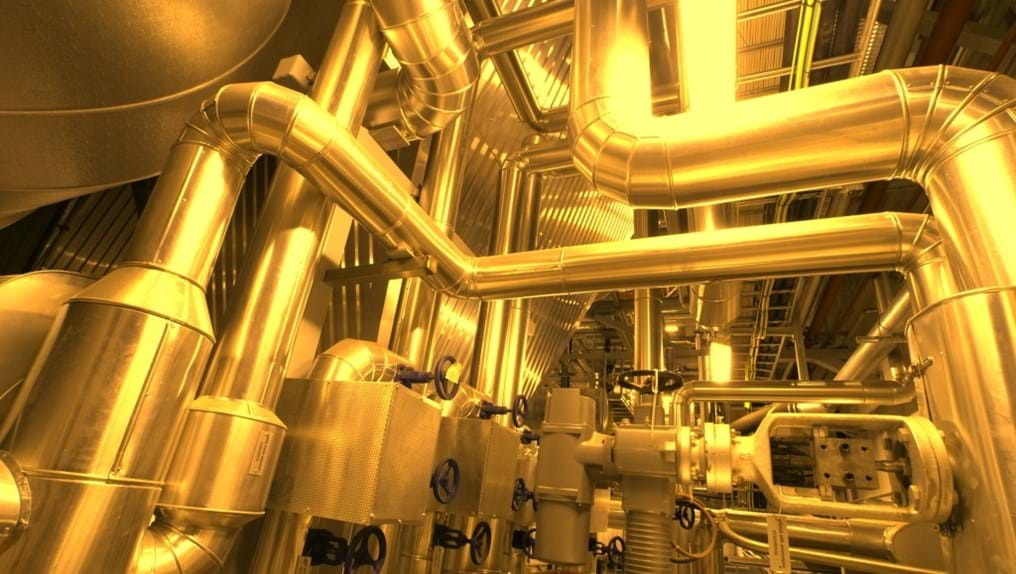Day 82: A new Golden Age for chemical engineering

17th August 2014
Author: Geoff Maitland, IChemE President 2014–2015.
Although chemical engineering is a relatively new profession, it could be said that it has already gone through two such periods of change and has now entered a third Golden Age of practice, thought and impact. With many great opportunities and challenges that accompany it.
Looking back, the first Golden Age of chemical engineering is accepted to be around the period 1915–1929. What occurred was a geographical shift in the chemical industry as the demand for petroleum-based fuels increased. This period saw chemical engineering come into its own as a true profession, particularly with the emergence of the "Unit Operations" concept.

The idea of Unit Operations was to classify and analyse production processes by their components and component processes.
Take refining as an example, it is composed of distillation units, heat exchangers, piping and valves etc. Its component processes are fluid flow, heat transfer, mass transfer, thermodynamics and mechanical operations. The reaction and reactors are analysed separately.
The second Golden Age came after World War II, where global economic recovery and growth required that chemical engineering be brought to the forefront again.
There was a high demand on the chemical process industries for petroleum products, new synthetic polymers like Nylon, drugs, detergents and fertilisers etc. In order to meet this demand, a better quantitative understanding and improved application of the fundamental science was required.
Having recounted the history of the previous Golden Ages of chemical engineering, there is strong evidence to suggest that we have now entered into a third Golden Age.
A burst of demand and innovation is happening. There are new resources for fuel and chemicals, such as hydrofracking and biomass. Applied chemical biology has led to new medicines, medical tools and practices and bio-compatible materials. Advances in computers, networks and mobile devices can now support the cyber-infrastructure of data and design, such as high performance computing for algorithms and process simulations.
Industry has moved towards process based, high productivity manufacturing. And the systems approach central to chemical engineering finds increasing importance globally, in industry, economics, policy and their societal impacts.
So this new, third Golden Age for the profession means that chemical engineers should take advantage of the opportunities available, because if we don't, there is a risk that progress will come to a halt.
It is therefore imperative to attract young people to study chemical engineering to advance the profession for generations to come, so that this Golden Age lasts for as long as possible.
This is a message that we should be spreading far and wide alongside IChemE's whynotchemeng campaign. Chemical engineering is a profession where we can make a real change, create value and advance the quality of life for all, for now and the future.
And what better time to start studying the subject or start a career in chemical engineering than the present, when opportunities are there for the taking in this Golden Age.
A more detailed analysis on this topic was completed by Professor Westmoreland, of North Carolina State University and AIChE 2014 past president, in his review article titled Opportunities and challenges for a Golden age of chemical engineering.
ChemEng365 blog
Geoff Maitland launched this blog during his IChemE presidency in 2014. ChemEng365 features 365 chemical engineering successes and achievements throughout his year-long presidency.